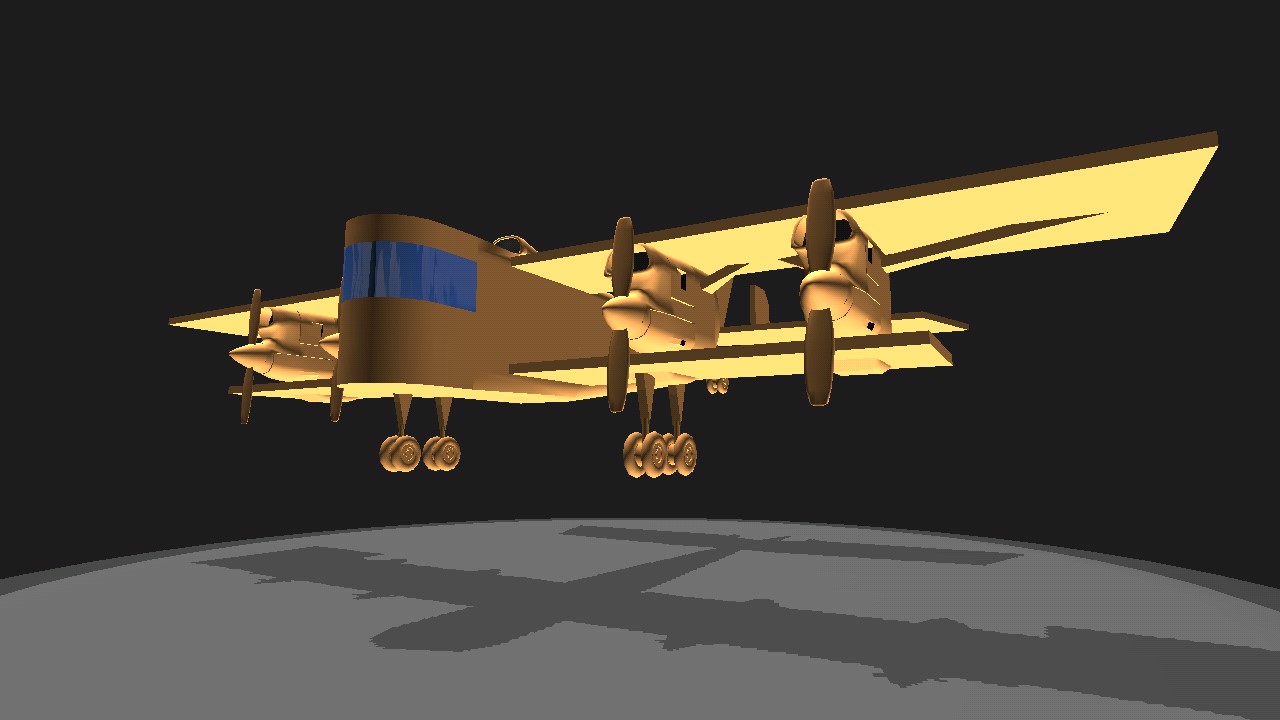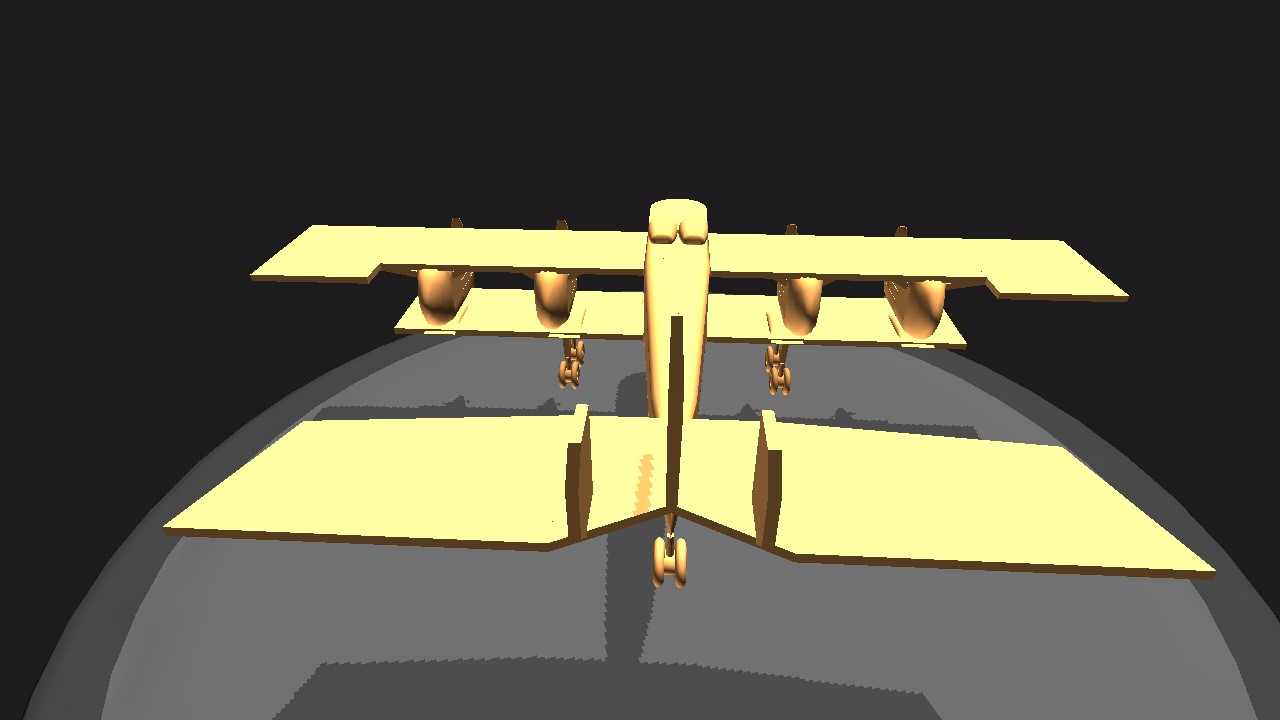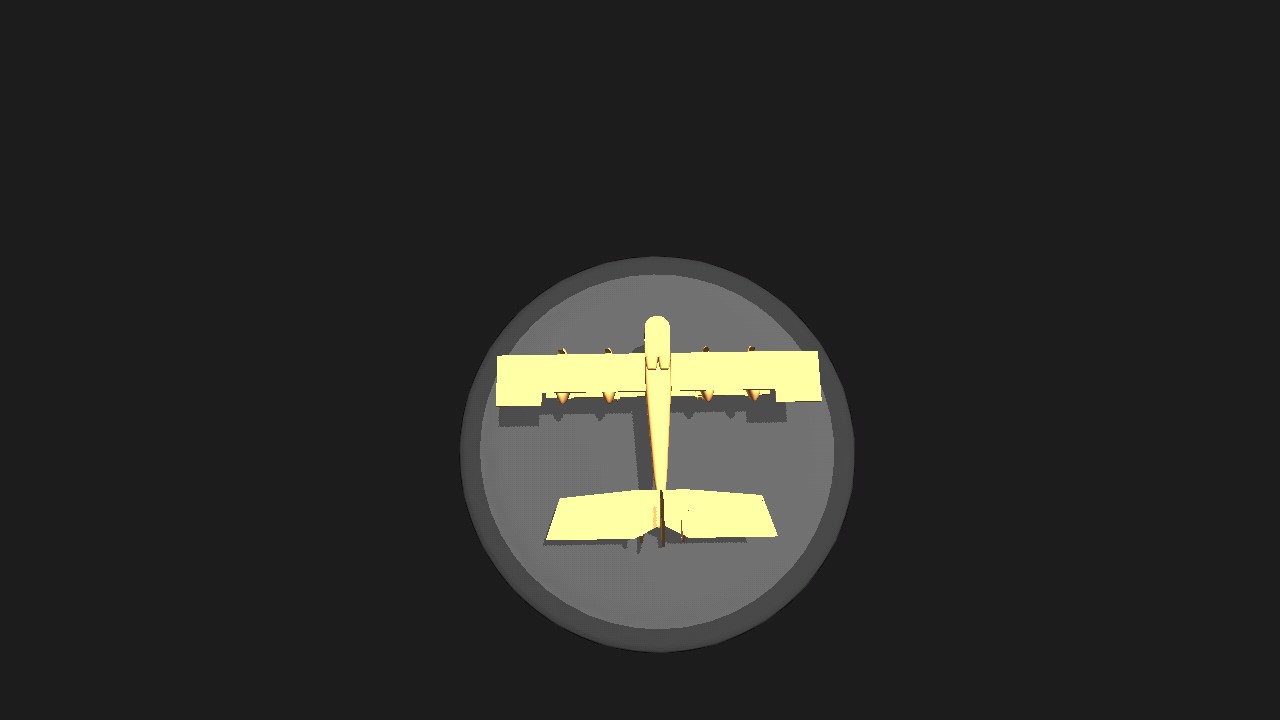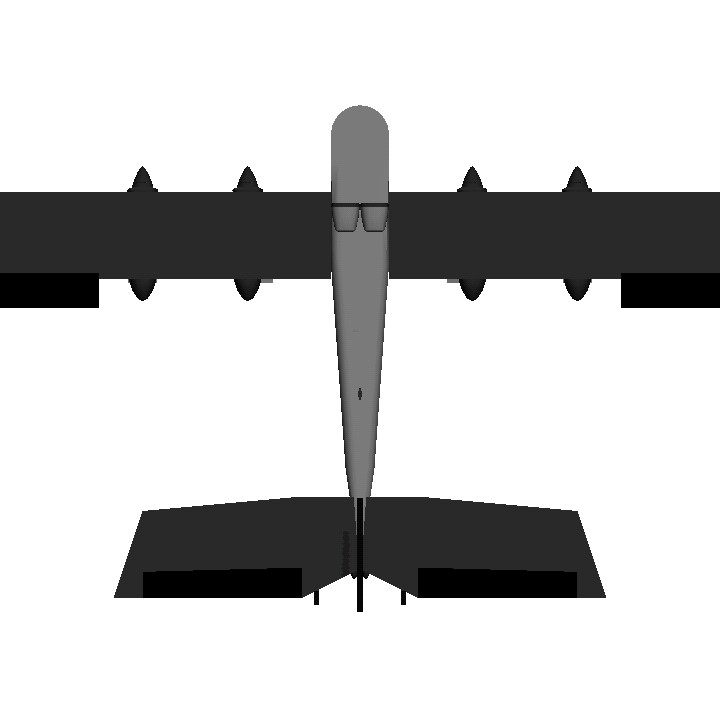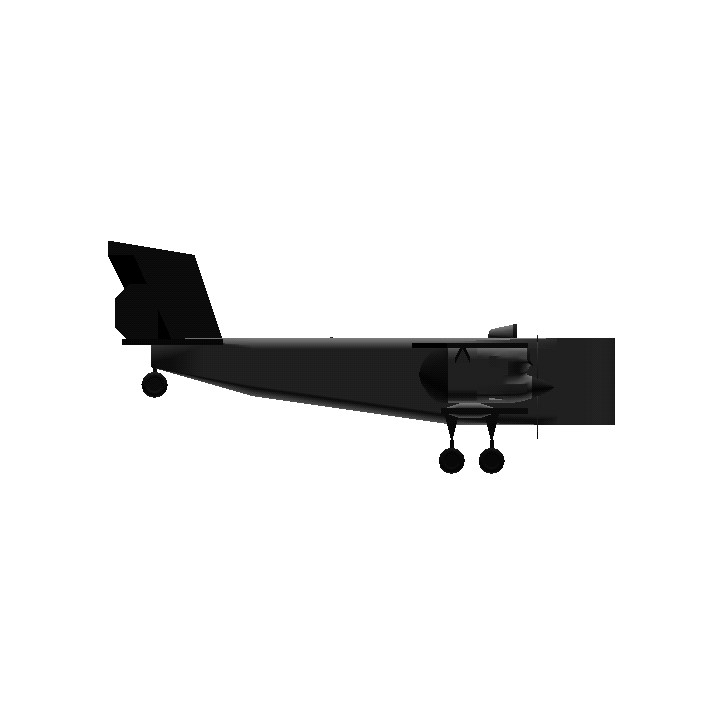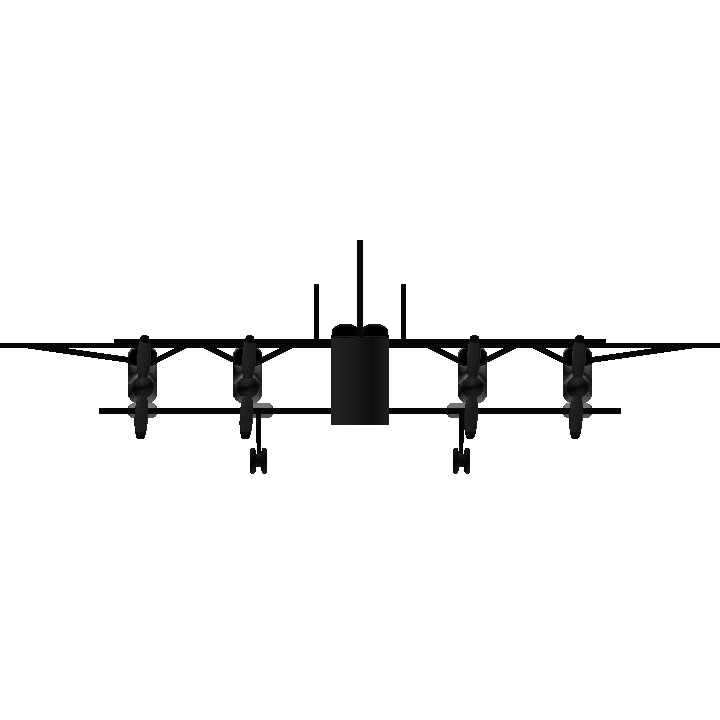No Tags
LEAP 1: Thrust. Igor Sikorsky wanted more lift, for more lift, he needed more power. not 2, but 4 engines. this seems obvious today, but at the time it was something nobody ever done. Early engines were unreliable, so if 2 failed on one side, the turning force would spin the aircraft out of control. Sikorsky realized that the further the engines, the worse the turning force if 2 of them failed. Sikorsky isn't sure this will stop it from spinning out of control, so he made one final alteration. he added a huge tail fin in the rear, and adds 2 extra blades. now, if 2 engines fail, the pilot can counteract the uneven thrust, and steer it back on track.
Specifications
General Characteristics
- Created On Android
- Wingspan 40.7ft (12.4m)
- Length 28.8ft (8.8m)
- Height 13.3ft (4.0m)
- Empty Weight 8,620lbs (3,909kg)
- Loaded Weight 17,526lbs (7,949kg)
Performance
- Power/Weight Ratio 0.192
- Horse Power/Weight Ratio 0.684
- Wing Loading 33.6lbs/ft2 (164.2kg/m2)
- Wing Area 521.2ft2 (48.4m2)
- Drag Points 4935
Parts
- Number of Parts 76
- Control Surfaces 5
- Performance Cost 401
- Log in to leave a comment
-
39.6k JoeAdkinson13Definitely stands out.10.3 years ago

